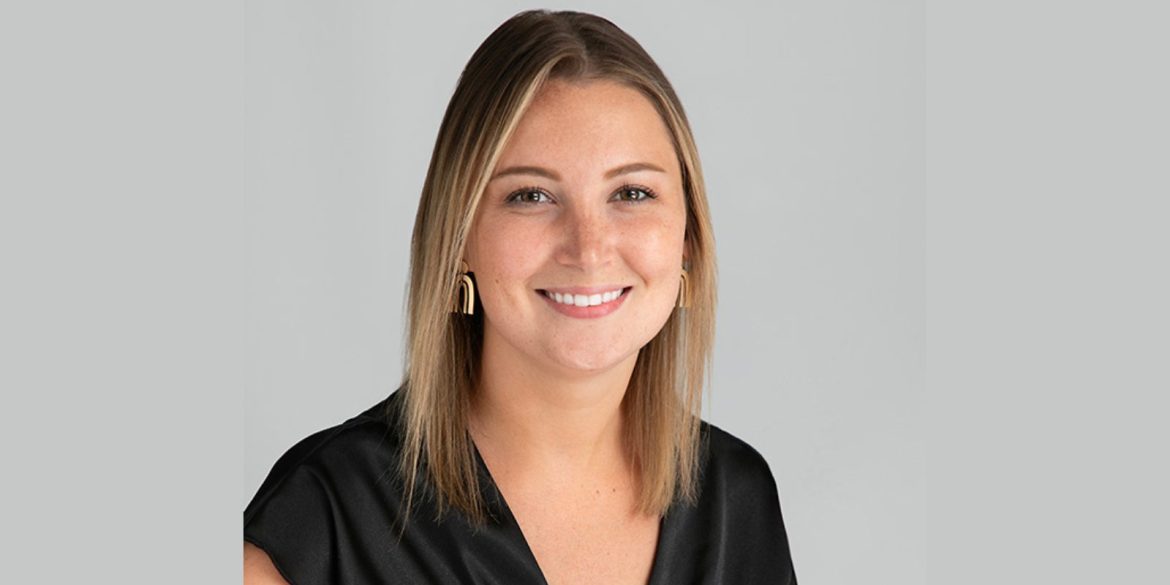By Stephanie Forrester
Preparing for the future of a family member with a disability is important when you’re creating a family financial plan. But rather than trying to tackle and build a financial plan from scratch, I encourage families to address the process of future planning one question at a time — alongside their advisor.
Reaching Adulthood
An area that often requires careful consideration is when the family member turns 18, when they are considered an adult. They, along with their guardians, will want to choose where they live and work. Depending on the family member’s disability, some individuals must balance job income with public benefits, such as Supplemental Security Income (SSI) or Medicaid. Note there are income limits to how much someone can make in their job in order to still qualify for these basic public benefits. Additionally, housing options can vary greatly, from living independently to establishing residency in a group home.
Money Matters
Guardians should carefully consider how to give their family member access to their own money while also assisting them with budgeting and other financial tasks when needed. In addition to receiving government benefits, some families opt to help their loved one financially. This typically means creating a special needs trust or Achieving a Better Life Experience (ABLE) account. These accounts, if funded correctly, are not counted as an asset when establishing eligibility for government programs and can provide additional funding that isn’t otherwise available to your loved one. Distributions from these accounts can be crucial for many families and should be regularly reviewed with a professional.
Future Planning
Coordinating income, benefits and financial accounts inevitably overlaps with estate planning and guardianship. Some types of disabilities require a loved one to have a guardianship established — but it doesn’t stop there. Your estate plan should align with guardianship roles as well as any estate planning documents that have been created. This may include powers of attorney, trusts, wills or even financial accounts. Collaboration among these financial planning tools will help answer any questions and ensure a clear, successful path in the future for your loved one.
Special-Needs Planning
Financial planning for a child with a disability can be a daunting task. Many families struggle with starting this process, because they don’t know where to start. Special-needs planning can be very long and complex, but it helps to break things down into these basic questions:
- Will my child be working a part- or full-time job?
- Where does my child want/need to live when they’re an adult?
- How will my child finance their everyday needs?
- Will I need to establish guardianship? Asking yourself these questions can quickly help establish a starting point with your advisor.
Wealthspire Advisors
Stephanie Forrester: 608.371.1528 | [email protected]
10 Terrace Ct., Ste. 103, Madison, WI 53718
608.416.4402 | wealthspire.com




